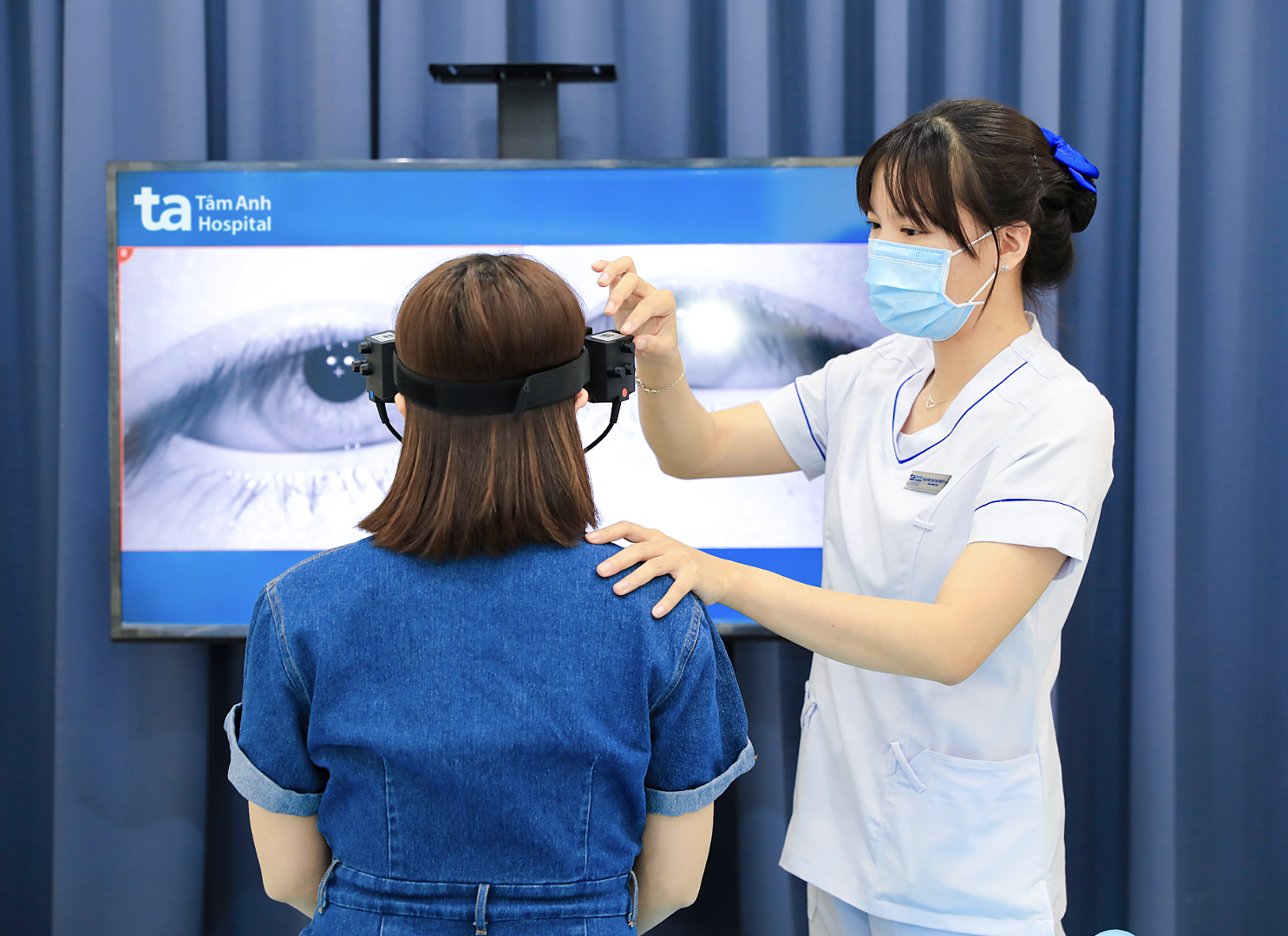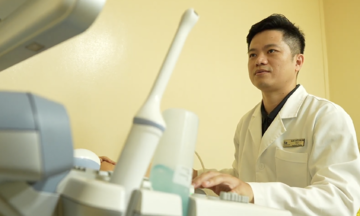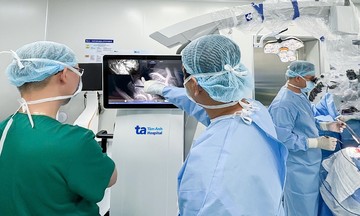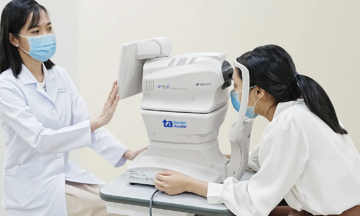Answer:
Vestibular disorders affect balance and originate from the 8th cranial nerve and its connections. If this area is damaged, distorted information transmission can cause symptoms like imbalance, dizziness, vertigo, and tinnitus.
There are two main types: central and peripheral vestibular disorders. Central vestibular disorders involve damage to the central nervous system's vestibular system, such as the vestibular nuclei, or the connecting pathways of the vestibular nerve nuclei in the brainstem and cerebellum. Common causes include migraines, brain tumors, brain infections, cerebral hemorrhage, stroke, trauma, nerve damage due to prolonged stress, circulatory problems, and alcohol or drug use. Symptoms often include difficulty walking, dizziness when changing positions, vertigo, and vomiting.
Peripheral vestibular disorders are often caused by displaced otoliths (ear stones), vestibular neuritis (inflammation of the inner ear), Meniere's disease, labyrinthitis, perilymph fistula, tumors on the 8th cranial nerve, foreign objects in the ear canal, acute otitis media (middle ear infection), and metabolic disorders (hypothyroidism, diabetes). Other risk factors include an unhealthy lifestyle, prolonged stress, and excessive alcohol or drug use.
Regarding peripheral vestibular disorders, benign paroxysmal positional vertigo (BPPV) due to displaced ear stones or vestibular neuritis typically occurs spontaneously and is not linked to family history. Heredity has not been clearly demonstrated in many studies. Meniere's disease, characterized by spontaneous recurrent vertigo, sensorineural hearing loss, tinnitus, and a feeling of fullness in the ear, has a familial component in 10-12% of cases. With central vestibular disorders, some brain conditions are gene-related, but the genetic mechanisms are not yet fully understood.
 |
A patient undergoing a vestibular function test. Photo: Tam Anh General Clinic, District 7 |
While not directly inherited from parents to children in the traditional sense, individuals with a family history of vestibular disorders may be at higher risk due to shared environmental factors, lifestyles, or other genetic conditions.
If you have a family history of vestibular disorders, there's no need for excessive worry. Monitor for symptoms such as dizziness, nausea, imbalance, and tinnitus. If you experience any unusual or persistent symptoms, consult an ENT (Ear, Nose, and Throat) specialist or neurologist.
Your doctor may recommend a vestibular function test using AI-powered videonystagmography (VNG) for accurate diagnosis and appropriate treatment. Early diagnosis and treatment can reduce the risk of complications and improve quality of life. Maintain a healthy lifestyle by getting enough sleep, reducing stress, exercising regularly, limiting alcohol and drug use, eating a balanced diet, and managing underlying conditions (diabetes, high blood pressure) to prevent more severe symptoms.
MSc. MD. Specialist I Truong Tan Phat
Head of ENT Unit
Tam Anh General Clinic, District 7
| Readers can submit questions about ear, nose, and throat conditions here for doctor's answers. |












